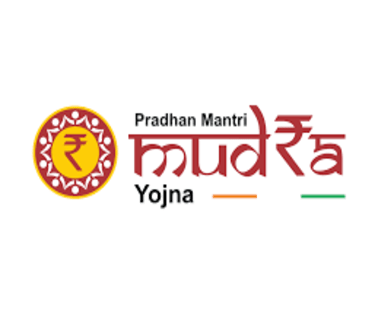The Supreme Court clarified that the most favoured nation (MFN) clause in a tax treaty is not automatically triggered and has to be notified separately by the central government.
Key Points
- The Supreme Court has held that notification under the Indian Tax Laws is mandatory to give effect to any Indian tax treaty, or any Protocol that changes its terms or conditions, that has the effect of altering the existing provisions of law.
- The Apex Court has pronounced that to invoke the beneficial provisions of a tax treaty pursuant to the MFN clause, India is required to specifically issue a notification to this effect.
- The SC decision is likely to affect claims that nonresident taxpayers have made regarding restrictive source taxation of interest, royalties, fees for technical services, dividends, etc.
The Controversy Around the Most Favoured Nation Clause
- As per tax treaties signed by India, India had agreed that if it gave any new OECD member countrya lower tax rate, that rate would automatically apply to existing OECD members (France, the Netherlands, and Switzerland) due to the MFN clause.
- In 2020, India changed how it taxed dividends from companies. The treaties India separatelynegotiated with new members of OECD gave investors from these countries a relative advantage due to lower tax rates.
- Now, investors from France, the Netherlands, and Switzerland also started to look for lower tax rates benefits from India. However, the controversy arose over the question ofwhether the lower tax rates should automatically apply to the three countries without any formal notification.
- In this case, Delhi High Court ruled that no formal notification was needed, and benefits can be given immediately to investors from the 3 countries as well.
- However, SC reversed this ruling.
Most Favoured Nation Status
- The World Trade Organization’s 164 members commit to treating other members equally so they can all benefit from each other’s lowest tariffs, highest import quotas and fewest trade barriers for goods and services.
- The most-favoured-nation (MFN) principle is a cornerstone of the multilateral trading system conceived after World War II.
- This principle of non-discrimination is known as most favoured nation (MFN) treatment.
- There are some exceptions, such as when members strike bilateral trade agreements or when members offer developing countries special access to their markets.
- For countries outside the WTO, such as Iran, North Korea, Syria or Russian ally Belarus, WTO members can impose whatever trade measures they wish without flouting global trading rules.
Removal Of MFN Status
- There is no formal procedure for suspending MFN treatment and it is not clear whether members are obliged to inform the WTO if they do so.
- India suspended Pakistan’s MFN status in 2019 after a suicide attack by a Pakistan- based Islamist group killed 40 police.
- Pakistan never applied MFN status to India.
Pros of Most Favoured Nation (MFN) Status
MFN status is extremely gainful to developing countries
- Provides access to a wider market for trade goods.
- Reduced cost of export items owing to highly reduced tariffs and trade barriers.
- Lead to more competitive trade.
- Cuts down bureaucratic hurdles and various kinds of tariffs are set at par for all imports.
- Increases demands for the goods and giving a boost to the economy and export sector.
- Heals the negative impact caused to the economy due to trade protectionism
Disadvantages of Most Favoured Nation (MFN) Status
- The main disadvantage is that the country has to give the same treatment to all other trade partners who are members of the WTO.
- This translates into a price war and vulnerability of the domestic industry as a result.
- The country is not able to protect domestic industry from the cheaper imports and in this price war, some domestic players have to face heavy losses or growth restrictions
To Download Monthly Current Affairs PDF Click here
Click here to get a free demo
Everything About CLAT 2026



